DBT, or Dialectical Behavior Therapy, is a fancy name for the high-test mental health therapy provided to students who attend the Miller-Dwan Foundation’s Amberwing – Center for Youth & Family Well-Being. A critical component of DBT is the skills associated with this mode of therapy. I recently spoke with a 13-year-old whose school has benefited from learning these skills. I’ll call her Louise.
Louise has struggled all her life with anxiety. She has panic attacks. She says, “Big things happen every day. Lots of people are really stressed out.” She believes DBT skills can help with that stress. “These are important skills for our age,” says Louise.
In her school, teachers and counselors learned DBT skills in a train-the-trainer four-day event. Their trainer was certified DBT psychotherapist Chelsey Harju of Amberwing. Once trained, teachers and counselors rolled out the skills to students. Students have the option of signing up for a DBT unit, they receive DBT skills training during advisory time and counselors join them in select classes to teach the skills.
Two skills in particular are helpful for Louise: paced breathing while attending to each of the five senses, and mental noting or simply witnessing and describing thoughts. She believes these exercises help her control her thoughts and emotions rather than letting her thoughts and emotions control her. She provides an example. Maybe a friend doesn’t text her right back. Her mind can easily spiral into thoughts of despair –– they don’t like me anymore. They think I’m dumb. It’s because I said that stupid thing. DBT skills help her understand that these thoughts are not based in reality and that she really doesn’t have information to support these thoughts. The only thing she know is that her friend did not text her right back, for whatever reason.
Louise would like to encourage her peers to learn DBT and to practice it. “You get out what you put in,” she says. She wants kids to understand that DBT skills are “practical tools that can help every day.”
Mindfulness is an important part of DBT – read more about mindfulness here.
The staff at Amberwing created short videos with real life, everyday scenarios and the skills needed to cope. Check out the full library of videos here.

